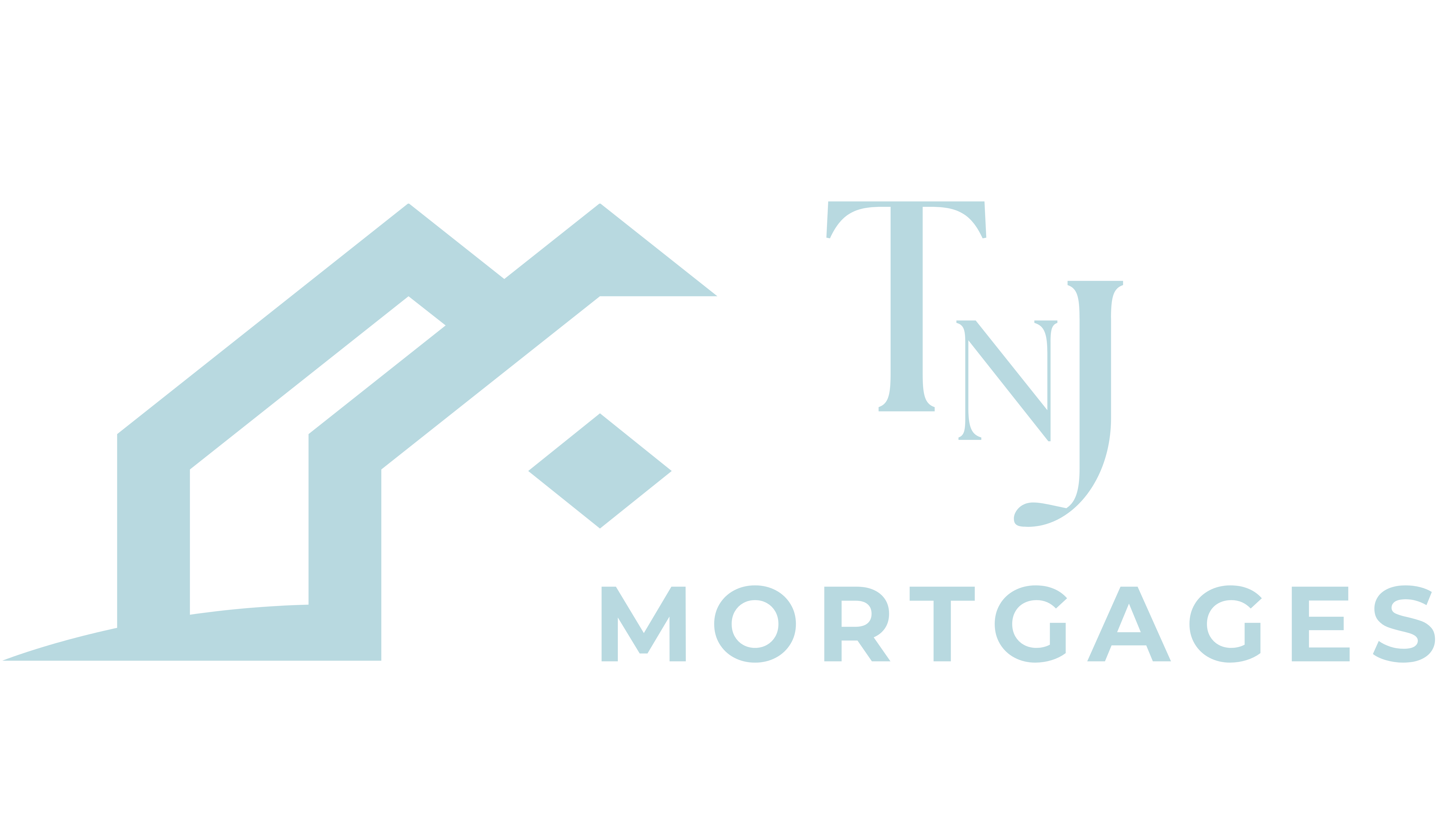First Time Buyer Mortgages
The term First Time Buyer describes anyone who is planning to purchase their first home. This can be exciting and daunting at the same time with many questions like how much can I get, how much I need to deposit.
The term First Time Buyer describes anyone who is planning to purchase their first home. This can be exciting and daunting at the same time with many questions like how much can I get, how much I need to deposit. But need not to worry, we are here to help you with all these questions. Knowledge and preparation can be key in securing a competitive offer and getting on the housing ladder. We try to educate you along the way, and it brings us extreme satisfaction to be the part of your journey in stepping up on the property ladder.
How much do I need to deposit?
As a First-time buyer you will need at least 5% amount but generally the larger your deposit the greater choice of lenders and lower the interest rate that you can borrow at. A lower interest rate on the money that you borrow means lower monthly repayments.
How much Loan can I get as a first-time Buyer?
Being a First Time Buyer shouldn’t impact the loan amount the lender is going to offer you. As your loan is based upon your financial circumstances and credit score but the offers will vary from lender to lender, those with a higher income and stronger credit score will be offered higher value mortgages
Get in touch
Take a step to start your journey onto the property ladder now.
There are many types of mortgages for the first-time buyers. This may mean that owning your home is more achievable than you might think.
Right to Buy
The size of the discount you get varies on location where you live and the type of property you want to buy.
Tenants who were living in a council home before it transferred to another landlord such as a housing association, might be eligible to buy their home under the ‘Preserved’ Right to Buy or Right to Acquire schemes.
Usually, tenants must have rented from the public sector (i.e., local council, housing association, armed services, NHS or foundation trust) for three years before they can buy under these schemes.
The three years can be non-consecutive. So, you could still qualify if you rented from the private sector between times when you rented from the public sector.
Joint Mortgage
But everything comes with pros and cons and here’s too as shared property brings more responsibilities. A joint mortgage ultimately makes you and your co-owner financially liable for one another, meaning that if your co-owner fails to pay their share of the mortgage payment, you’re still responsible for them. If you or your co-owner decides to move out, you would need to arrange for another individual to buy the share of the mortgage that will otherwise go unpaid.
Shared Ownership Mortgage:
Shared ownership mortgages offer you the option of only taking out a mortgage for a specific percentage of the property, while the rest is placed in the ownership of the government or named landlord.
You need a mortgage to pay for your share, which can be between a quarter and three-quarters of the home’s full value.
Later you can choose to buy a bigger share in the property up to 100% of its value.
Guarantor Mortgage:
Your guarantor may be putting ownership of their own home at risk should you encounter any major payment issues, so make sure that you share a mutual trust with your chosen guarantor before committing to anything on paper.
We are the experts, and we are here to help you find the mortgage solution that best suits your requirement
We are the experts, and we are here to help you find the mortgage solution that best suits your requirement
